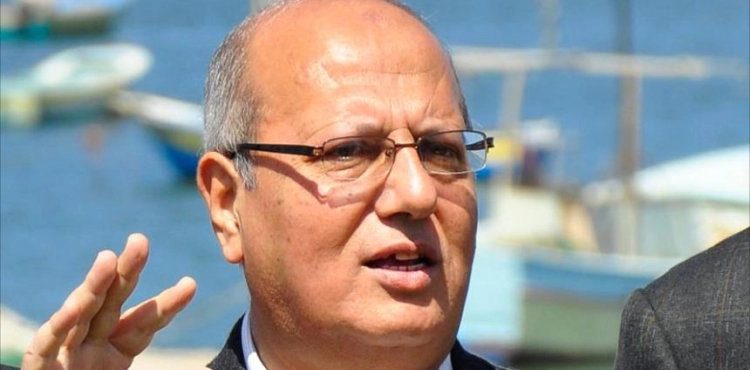Gaza _ Palestine News Network
The president of the People´s Committee to confront the blockade, deputy Jamal al-Khodari, said that the occupation still prevents the passage of 200 varieties of industrial and commercial sector needs to the Gaza Strip.
The lifting of the ban on these items (raw materials for industries) is a key requirement for reviving the economy, which has been ravaged by the blockade for 11 years, Al-Khodari said in a press statement on Monday.
He stressed that restricting the work on the sole commercial/"Karam Abu Salim" crossing and banning the entry of basic items on which the Palestinian economy is based, industrial and commercial, and the use of the system of lists of goods for the double-usage pretext, is one of the most prominent aspects of the Israeli blockade.
Al-Khodari stressed that the most important items that prevent the occupation of Gaza through the Kerem crossing the only partially open crossing, are the raw materials needed for the industry, which exacerbated the suffering of the industrial sector and raise unemployment rates, due to a significant decline in the production process and the unavailability of raw materials, which is reflected Mainly on poverty and unemployment rates.
He noted that about 85% of Gaza´s factories were partially or completely closed due to the ongoing blockade, one of the main objectives of which is to reach a state of economic collapse, and thus will reflect negatively on the overall daily life, as the losses of the industrial and commercial sector amounted to nearly $50 million per month since the blockade.
Al-Khodari said any talk of economic revival in Gaza and the creation of public hands-on projects require the full opening of the sector´s crossings to import and export and without any Israeli restrictions.
He called for a focus on international projects to provide employment opportunities for workers and graduates on an urgent basis, with more than 250,000 unemployed in the Gaza Strip, which is home to nearly 2 million people.
Al-Khodari estimated that the Gaza Strip needs to pump at least $25 million a month to start emergency projects that provide jobs for 50,000 workers as a first stage of economic recovery.












